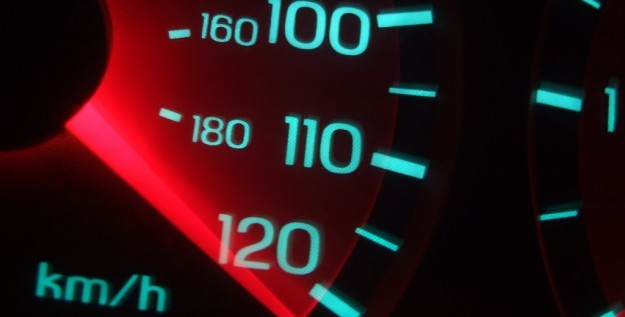 C’mon. Admit it. You may have picked up a few bad driving habits you think may help you overcome driving anxiety but are, in reality, simply crummy habits. Slamming your brakes at every yield sign. Leaning on your horn at every intersection. Speeding, speeding, speeding. Following a certain route even though the route has long become useless and adds 25 unwanted miles to your commute.
C’mon. Admit it. You may have picked up a few bad driving habits you think may help you overcome driving anxiety but are, in reality, simply crummy habits. Slamming your brakes at every yield sign. Leaning on your horn at every intersection. Speeding, speeding, speeding. Following a certain route even though the route has long become useless and adds 25 unwanted miles to your commute.
Erasing bad habits may become as easy as tweaking a part of your brain with a laser beam, provided tweaking your brain with a laser beam is considered easy. And provided the procedure doesn’t mess up anything else.
Still in its very early stages, an experiment of this sort was done on rats that had picked up the habit of making a specific turn in a maze to acquire chocolate milk. Researchers from the Massachusetts Institute of Technology then coupled the milk with the nausea-inducing lithium chloride, yet found the rats still made that same turn to follow their habits, although the chocolate milk had gone from attractive to vile.
Once the rats’ brains were tweaked with a laser beam, however, they were no longer compelled to run toward the tainted milk and could stop and consider a different turn in the maze instead.
The study was published in the Proceedings of the National Academy of Sciences and included the following:
To determine whether the habit could be broken, the researchers then applied a technique known as optogenetics—in which a laser light is delivered to brain cells through optical fibers—to see if they could manipulate a specific region of the rats’ prefrontal cortex known as the infralimbic (IL) cortex. When the laser was turned on and the IL cortex was disrupted, the rats nearly instantaneously stopped running habitually toward the chocolate milk reward. Instead, they appeared to act more thoughtfully, running toward the other side (of the maze).
That may eventually mean, with a bit of laser tweaking, your brain can shut down unwanted repeated behaviors you’ve picked up over the years. This could be a major boon for addictions, and could potentially help others turn off bad habits of any sort, like taking that useless route to work that adds 25 miles to your commute.
More info at the National Institute of Mental Health website: http://www.nimh.nih.gov/science-news/2012/switching-off-a-specific-brain-region-can-alter-ingrained-habits-in-rats.shtml?utm_source=rss_readers&utm_medium=rss&utm_campaign=rss_summary
The study: Smith K, Virkud A, Deisseroth K, Graybiel A. Reversible online control of habitual behavior by optogenetic perturbation of media prefrontal cortex. PNAS. Nov 13, 2012. 109(46):18932-18937.







